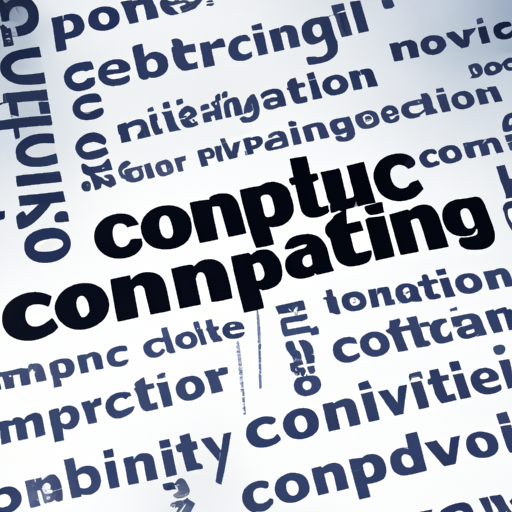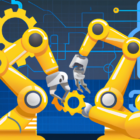In recent years, spatial computing has emerged as a groundbreaking technological paradigm that merges the physical and digital worlds, revolutionizing the way we interact with our environment. This innovative approach encompasses a broad range of technologies, including augmented reality (AR), virtual reality (VR), and spatial awareness systems, transforming industries and enhancing user experiences.
The Rise of Spatial Computing
As digital transformation accelerates across sectors, spatial computing stands out as a key player. It allows users to seamlessly merge real-world environments with virtual elements, leading to enhanced communication, collaboration, and productivity. Companies in industries such as healthcare, manufacturing, and education are increasingly adopting immersive technologies to improve outcomes and create engaging experiences.
Impact on Various Industries
1. **Healthcare**: Spatial computing is reshaping how medical professionals visualize data and interact with patients. AR applications enable enhanced anatomy visualization and surgical precision.
2. **Manufacturing**: In manufacturing, spatial computing aids in real-time data visualization and process optimization, leading to increased efficiency and fewer errors.
3. **Education**: Learning experiences are being transformed with spatial computing allowing students to engage with interactive 3D models and immersive environments that foster deeper understanding.
Future Directions
The future of spatial computing is promising, with advancements in AI and machine learning further enhancing its capabilities. As technology evolves, we can expect more intuitive and responsive systems that will enable even greater integration of the physical and digital worlds.
Conclusion
Investing in spatial computing technologies will provide organizations with a competitive edge in a rapidly evolving digital landscape. As we look ahead, it’s clear that spatial computing is not just a trend but a monumental shift in how we perceive and engage with the world around us.
Stay tuned for more updates on this exciting field!




